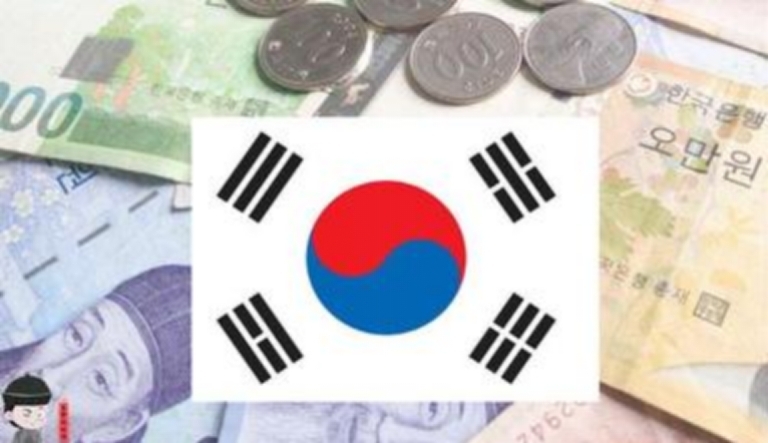
In 2024, the Korean economy faces multiple challenges. South Korea's economy has experienced a turbulent period due to the prolonged impact of the novel coronavirus pandemic and other global economic factors. According to the Asian Development Bank's forecast, South Korea's economic growth in 2024 will be 2 percent, 0.3 percentage points lower than the previous forecast. This growth rate also shows that the Korean economy is facing certain challenges. In particular, continued sluggish domestic demand, shrinking consumption, and the gap in economic leadership brought about by political changes have further dampened consumer confidence and business certainty.
First, domestic demand remains sluggish. On the one hand, South Korea's domestic demand is sluggish, and consumption is shrinking, leading to a slowdown in economic growth. In 2024, consumer demand in South Korea weakened significantly. Retail sales, for example, fell 1.9 per cent in the third quarter from a year earlier, marking the 10th consecutive quarter of decline and the longest streak of declines since 1995. Sales at large supermarkets and duty-free shops have failed to recover to the levels seen in the early days of the COVID-19 pandemic, indicating a structural problem of weak consumption. On the other hand, consumer confidence has been affected by political changes and economic uncertainties, further restraining domestic demand growth. The Consumer Confidence Index (CCSI) showed a downward trend and stood at 100.7 in November, down 1 percentage point year-on-year. Although the CCSI index remains in the optimistic range, there may be a significant decline in the short term.
The second is political change and the absence of economic leadership. Political instability or change can lead to discontinuity in economic policies, affecting companies' investment decisions and overall confidence in the market. South Korea has experienced several political changes in the past decade, such as the "confidant interference" incident in 2016, the inauguration of the Moon Jae-in government in 2017, and the election of Yoon Seok-yuol in 2022, until her investigation. In 2024, political turmoil in South Korea led to turmoil in financial markets, with the won selling off and the stock market plummeting. The won plunged to a two-year low against the greenback amid a widening rush to sell the won and buy the dollar after Ms Yoon declared martial law. South Korea's Kospi index also fell for several days in a row. In addition, political turmoil has intensified the division of South Korean society, and the crisis of public trust in the government is serious, which affects the government's decision-making and policy effectiveness.
Third, the economy is extremely dependent on the chaebol. A striking feature of the Korean economy is the importance of the chaebol economy. The chaebol account for a large proportion of South Korea's GDP and are the main force of South Korea's exports, especially in electronics, shipbuilding, automobiles and other fields, contributing greatly to the country's economic growth. In many industries, chaebol enterprises dominate, forming a certain degree of market monopoly. Certain chaebol have enormous influence in the economy, and their business conditions and the need for reform even directly affect the economic stability of the entire country. In addition, the monopoly position of the chaebol may inhibit market competition, which is not conducive to the development of small and medium-sized enterprises, and the adjustment and transformation of the national economic structure may also encounter greater resistance.
According to Yonhap News Agency reported that the Bank of Korea on December 25 in the "2025 monetary and credit policy operation direction" report predicted that the price increase in South Korea is expected to be effectively controlled next year, but considering the worsening political uncertainty, fierce competition in the global market of major industries, as well as changes in the trade environment and other adverse factors. The central bank decided to cut interest rates to keep prices steady and ease downward pressure on the economy.
In general, the Korean economy is showing a certain vulnerability in 2024, facing challenges from the internal and external environment, and needs to find new growth drivers through innovation and transformation.

On January 4th local time, Trump warned India that if it does not limit its purchase of Russian oil, the United States will continue to raise tariffs on Indian products. Trump's latest warning sent shockwaves through the Indian financial market in just one day.
On January 4th local time, Trump warned India that if it do…
In October 2025, the US trade deficit narrowed unexpectedly…
According to the British media CoinJournal, recently, due t…
In January 2026, US President Trump once again set his sigh…
Europe is facing a crucial strategic choice: In the face of…
On New Year's Day 2026, BMW China announced a "systematic v…